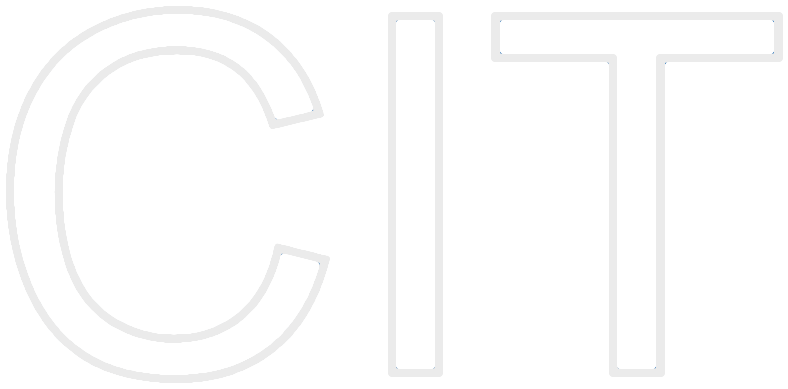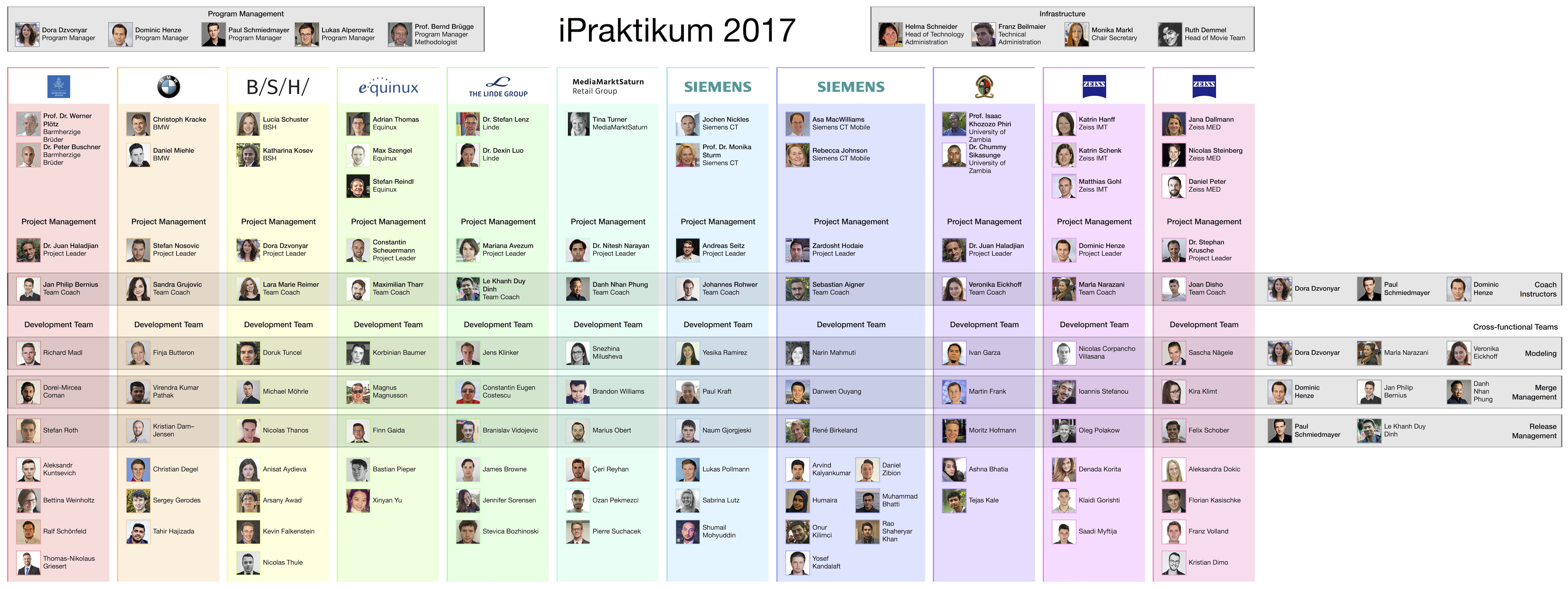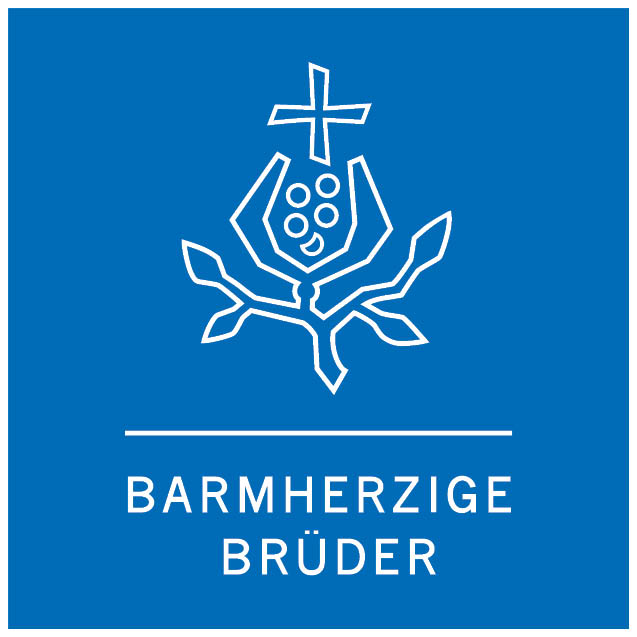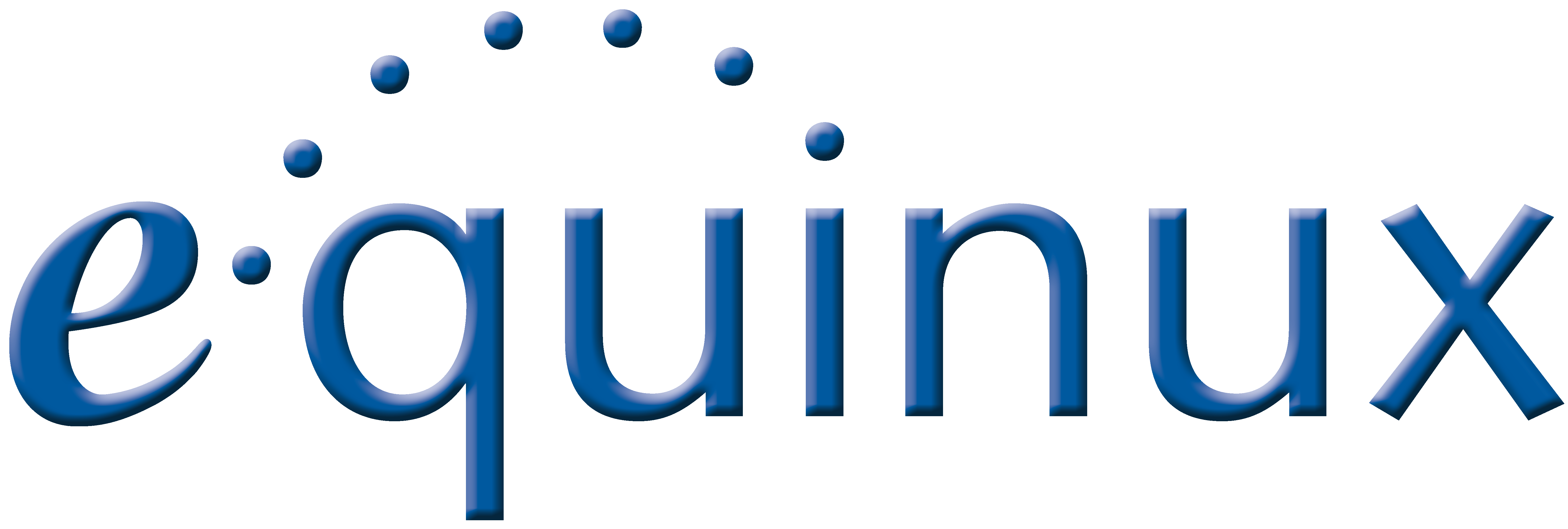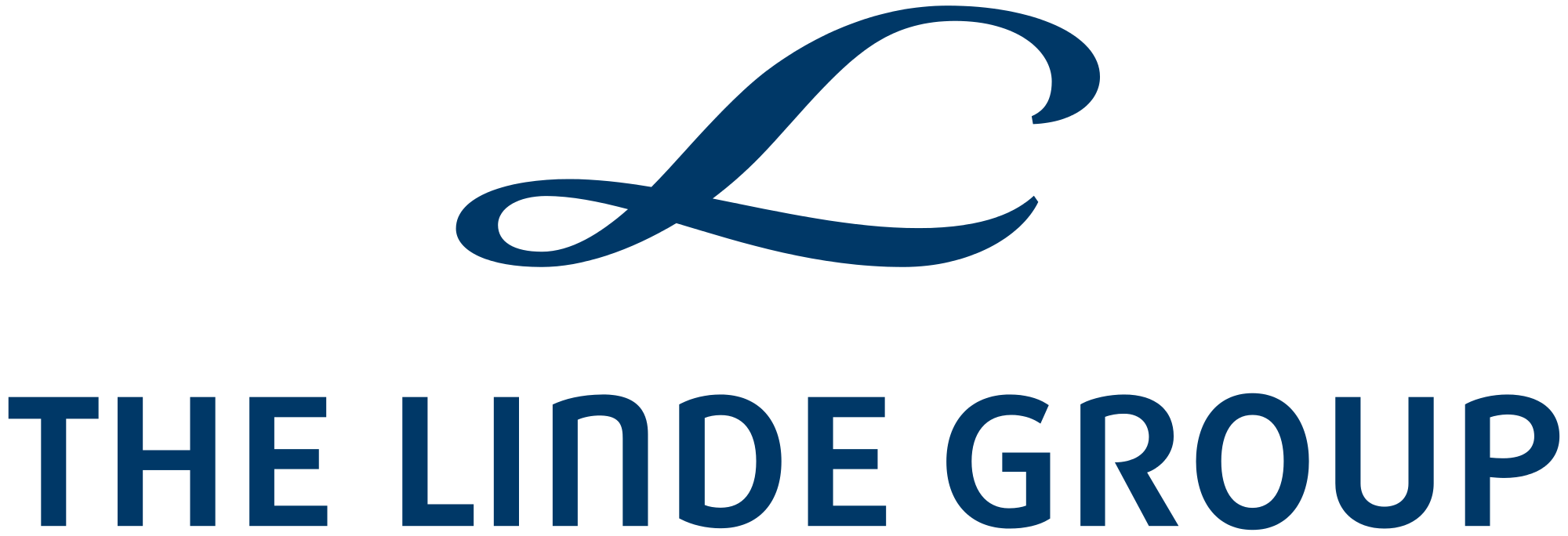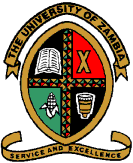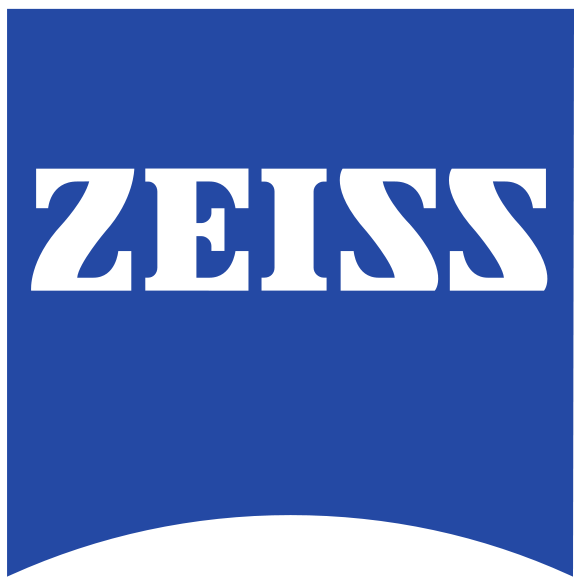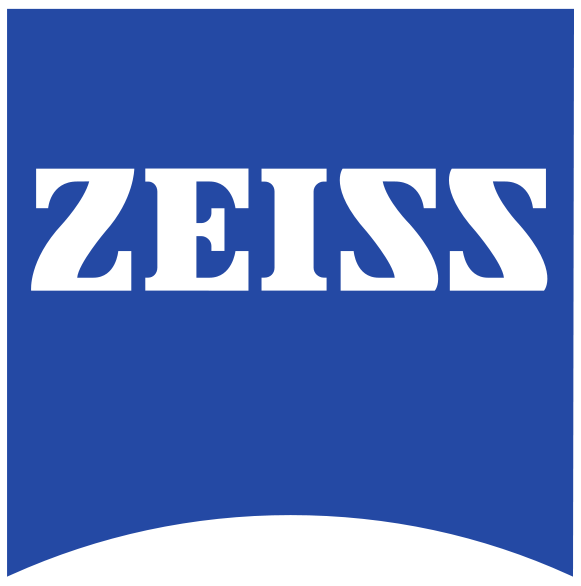Results of the iPraktikum SS17
(Dora Dzvonyar, Lukas Alperowitz, Dominic Henze, Bernd Bruegge, August 2017)
Results of previous years
Goal
This lab course covers mobile applications for smart devices, ranging from standalone applications, embedded systems including hardware and sensors to the design of modern interfaces for complex business applications. Students learn and apply software engineering and usability engineering techniques. This includes object-oriented modeling and system design as well as the realization of graphical user interfaces, usability testing, continuous integration and continuous delivery. Real industrial partners provided the problem statements and acted as clients. 11 industry partners participated in the iPraktikum SS17, each with a different problem statement and its own team. More than 100 students delivered these applications using agile techniques and communicating continuously to their clients.
Program Management
 |
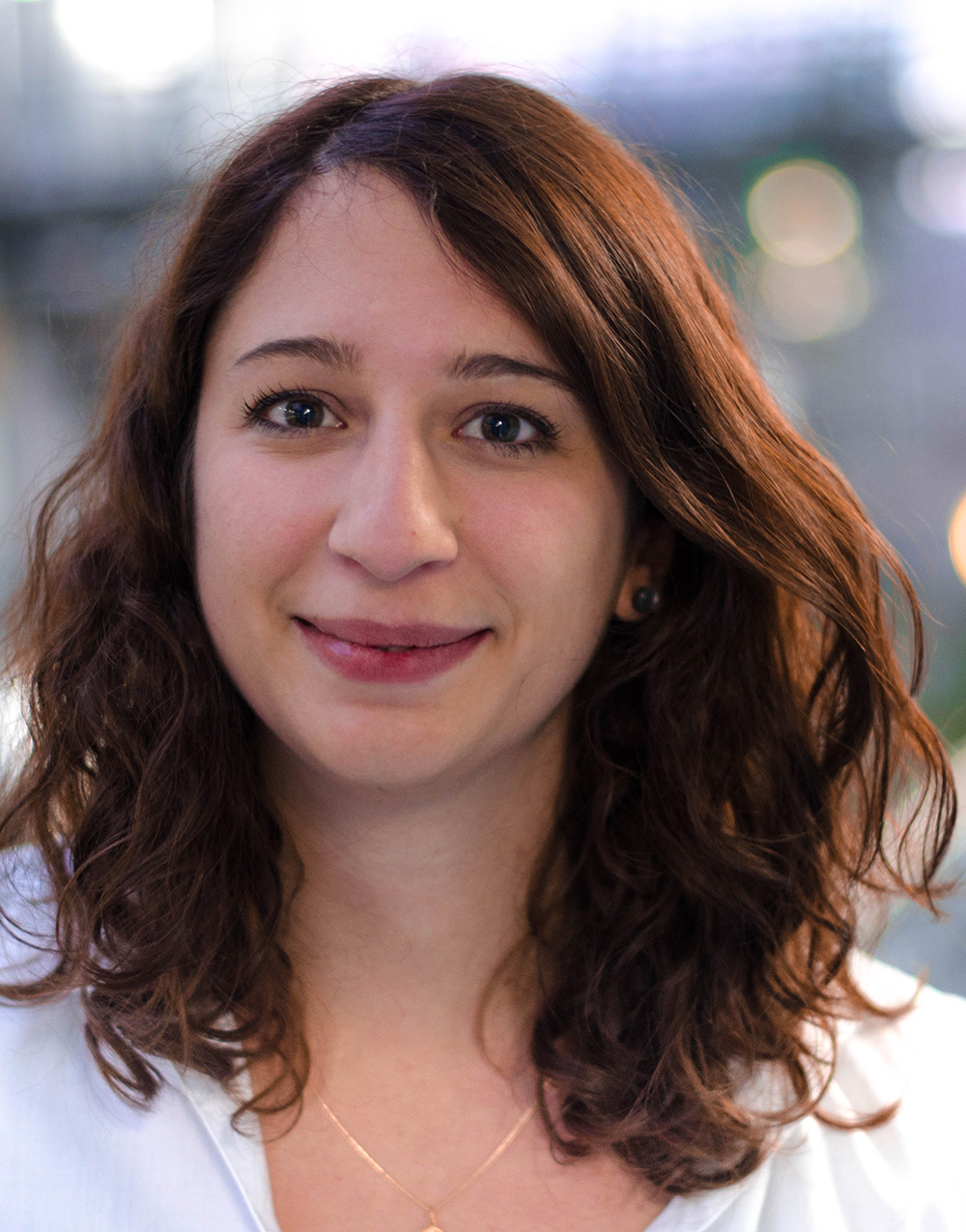 |
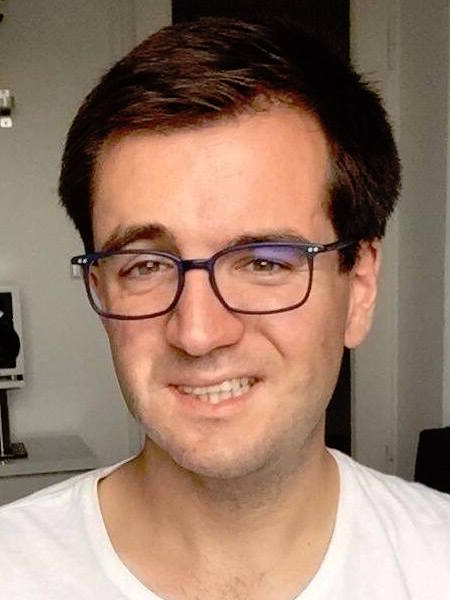 |
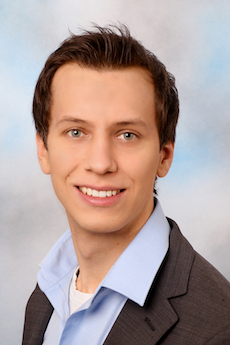 |
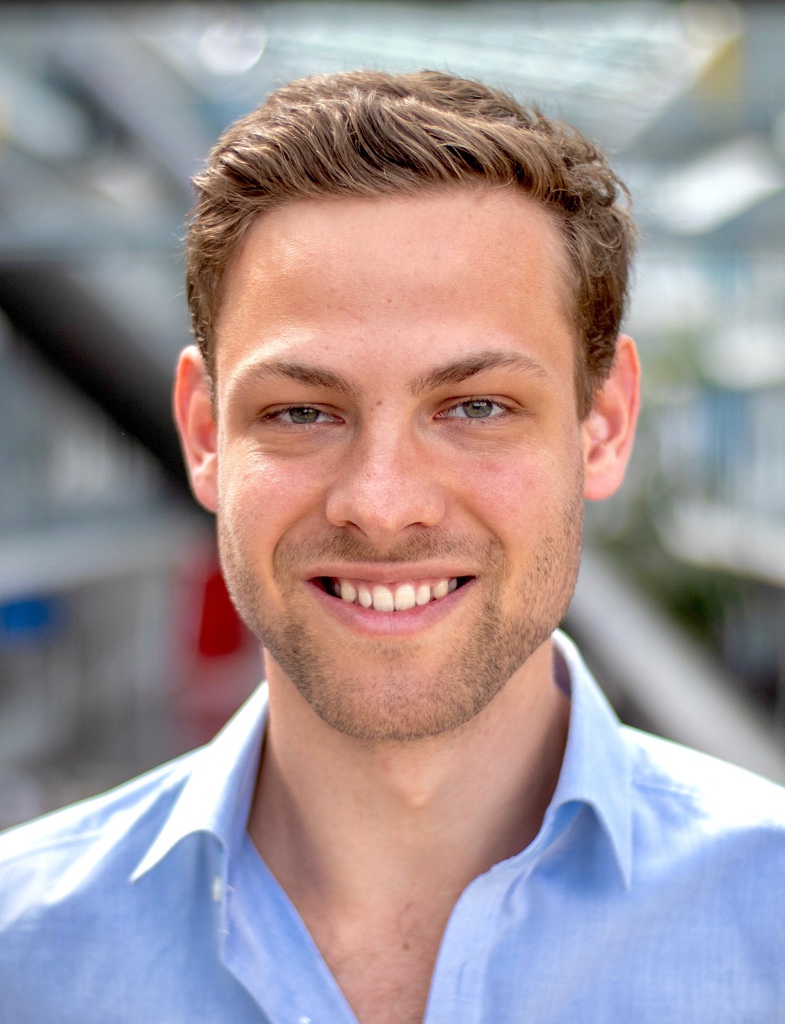 |
| Lukas Alperowitz | Dominic Henze | Paul Schmiedmayer |
Organization
The chart shows the project based organization of the course. All projects are shown as columns including information about customer, project management and student team. A team of twelve student coaches dealt with the project management of the teams. Furthermore cross-project teams with one member of each team (horizontal bars) dealt with different aspects during the project. The release management team was in charge of the right usage of version control, continuous integration, continuous delivery and feedback management. The Merge Management team kept an eye on the right use of the git branching model and the incorporation of a pull request workflow. The modeling team was responsible for the modeling activities including the creation of informal models, i.e. trailer, mockups and UML diagrams to improve the communication of difficult aspects within the team.
Projects
|
Project: HipRApp - Hip Rehabilitation App HipRApp is a wearable system to support the rehabilitation process after a hip replacement surgery. It helps patients avoid movements that can lead to a dislocation of the implanted joint and keeps track of the progress of the rehabilitation. Team members: Dr. Juan Haladjian (Project Leader), Jan Philip Bernius (Coach), Dorel-Mircea Coman, Thomas-Nikolaus Griesert, Aleksandr Kuntsevich, Richard Madl, Stefan Roth, Ralf Schönfeld, Bettina Weinholtz Customers: Prof Dr. Werner Plötz, Dr. Peter Buschner |
|
|
Project: COPRA - Context-Based Predicitve Analytics The application will be deployed in the Carbon Fiber Reinforced Plastics Production Plants of BMW, where car parts for the i3 & i8 are produced. The car parts are produced on multiple machines that are distributed across the plant, i.e. at the moment the production data is distributed across multiple systems and to get the relevant information, a worker has to interact with all of them to gather all the necessary data. Our goal is to centralize this data in a single dashboard, that dynamically adapts to the user by analyzing the role, interests and search history to highlight the information most relevant to the user. Team members: Stefan Nosovic (Project Leader), Sandra Grujovic (Coach), Finja Victoria Sophie Butteron, Kristian Ohrt Dam-Jensen, Christian Degel, Sergey Gerodes, Tahir Hajizada, Virendra Kumar Pathak Customers: Christoph Kracke, Daniel Miehle |
|
| (Project videos ommitted due to non-disclosure agreement) |
(Project description ommitted due to non-disclosure agreement) Team members: Dora Dzvonyar (Project Leader), Lara Marie Reimer (Coach), Arsany Awad, Anisat Aydieva, Kevin Falkenstein, Michael Möhrle, Nicolas Thanos, Nicolas Thule, Doruk Tuncel Customers: Lucia Schuster, Katharina Kosev |
|
Project: Occasions - Greeting Card Designer The Occasions App is an iOS application which enables the user to send friends customised greeting cards. Occasions provides templates which the user can easily customise to create personal greeting cards. Furthermore Occasions has features such as adding live photos, gifs and drawings to the template. Whenever one of the users friends has birthday the user will be notified so a that a greeting card can be designed. Team members: Constantin Scheuermann (Project Leader), Maximilian Tharr (Coach), Korbinian Baumer, Atakan Dulker, Finn Gaida, Magnus Magnusson, Bastian Pieper, Xin Yan Yu Customers: Adrian Thomas, Max Szengel, Stefan Reindl |
|
|
Project: Path Planning System The Line Path Planning System is composed of three components that make the truck’s logistics management easier. The Truck Driver App is used for providing information regarding the tours using several sensors. This data in combination with the geofences of the customer is processed in order to detect loading/unloading activities and display trips on the Path Planner App, which helps in planning future trips. Additionally, when a customer wants to inquire the status of his delivery, he can send an SMS to the chatbot server which replies with the estimated time of his delivery. Team members: Mariana Avezum (Project Leader), Le Khanh Duy Dinh (Coach), Stevica Bozhinoski, James Browne, Constantin Eugen Costescu, Jens Klinker, Jennifer Sorensen, Branislav Vidojevic Customers: Dr. Stefan Lenz, Dr. Dexin Luo |
|
|
Project: The Voice of Retail The Voice of Retail is a Speech Assistant that provides existing and potential MediaMarkt customers with a unique retail experience. Users of the application can access all information on products, orders and deliveries in a natural conversation-like way. The adaptive UI Interface enhances the outspoken information in a user-friendly manner. Team members: Dr. Nitesh Narayan (Project Leader), Danh Nhan Phung (Coach), Snezhina Milusheva, Marius Obert, Ozan Pekmezci, Çeri Reyhan, Pierre Suchacek Customers: Tina Turner |
|
|
Project: Larissa The increasing number of services and Internet of Things devices in different areas are leading to more and more applications that we need to install on our smartphones to access the services provided. In addition, areas we visit only occasionally may offer services that we can use, but we do not have specific user accounts or access rights to interact with them. LARISSA, the Location Aware Smart Services Platform, overcomes these problems. LARISSA is based on the idea of fog computing and offers services to users on the edge of the network. The services are provided on LARISSA nodes that can be accessed by different interface devices, such as smartphones running the LARISSA iOS application. Team members: Andreas Seitz (Project Leader), Johannes Rohwer (Coach), Naum Gjorgjeski, Paul Johannes Kraft, Sabrina Lutz, Shumail Mohy Ud Din, Lukas Pollmann, Yesika Marlen Ramirez Cardenas Customers: Jochen Nickles, Prof. Dr. Monika Sturm |
|
|
Project: MindSight Augmented Reality (AR) is a solution to provide context related information projected on the real world. Recognizing objects onto which the information should be projected is a major part of every AR solution. Current image datasets are focused on specific objects or animals. There are not industrial-specific datasets focused on specific tasks and industries. For example, there is no dataset of images specifically related to Siemens products and systems. We address these problems with MindSight. Using MindSight the workers of a company can create their own glossary of company specific lingo, images and locations and use it for hands-free (AR/GPS) information retrieval (Information at a glance). MindSight consists of a mobile app that offers two main functionalities: on the one hand, it offers mobile augmented reality projection of information on Siemens machines and products; On the other hand, it allows capturing, labeling, and uploading image and context data to enrich its dataset. Team members: Zardosht Hodaie (Project Leader), Sebastian Aigner (Coach), Narin Mahmuti, Danwen Ouyang, René Birkeland, Arving Kalyankumar, Humaira, Onur Kilimci, Yosef Kandalaft, Muhammad Bhatti, Rao Shaheryar Khan, Daniel Zibion Customers: Asa MacWilliams, Rebecca Johnson |
|
|
Project: iPig - Classification of the behavior of free-roaming pigs The iPig system is a prototype for classifying the behavior of free-roaming pigs in Zambia. A sensor attached to the animals tracks various data, which gets send to a remote analytics system. Latter recognizes the pigs’ behavior, like resting, running, sleeping through machine learning. Finally, farmers and veterinarians alike can use the companion iPad app visualizing the data. The app features a heatmap, an analytics dashboard, live tracking as well as notifications in case of events like animal theft. Team members: Dr. Juan Haladjian (Project Leader), Veronika Eickhoff (Coach), Ashna Bhatia, Martin Frank, Ivan Garza, Moritz Hofmann, Tejas Kale Customers: Prof. Isaac Khozozo Phiri, Dr. Chummy Sikasunge |
|
|
Project: ZEISS IMT - Search & Booking Platform Zeiss IMT is an iOS application which aims to facilitate the communication and interaction between Zeiss Metrology centers and their potential customers. It provides an intuitive and easy-to-use platform for Zeiss Metrology Centers to publish Industrial Measurement - related services and make them more accessible to their target market. Service Users can thus effortlessly look up for the services they need and directly request a booking, by using our platform. Team members: Dominic Henze (Project Leader), Marla Narazani (Coach), Nicolas Corpancho Villasana, Klaidi Gorishti, Denada Korita, Saadi Myftija, Oleg Polakow, Ioannis Stefanou Customers: Katrin Hanff, Katrin Schenk, Matthias Gohl |
|
|
Project: Zeyes - Improved Cataract Treatment Workflow Zeyes is a multilingual iOS application mainly targeted to sales representatives of ZEISS worldwide, but also to their customers, the surgeons and/or the clinics. Zeyes lets you easily scan printouts from several Zeiss eye measuring devices and makes them machine readable. The application connects to the Zeiss lens calculation website and displays calculated lenses to the user, as well as making them orderable directly in the app. Team members: Dr. Stephan Krusche (Project Leader), Joan Disho (Coach), Kristian Dimo, Aleksandra Dokic, Florian Kasischke, Kira Klimt, Sascha Nägele, Felix Schober, Franz Volland Customers: Jana Dallmann, Nicolas Steinberg, Daniel Peter |
